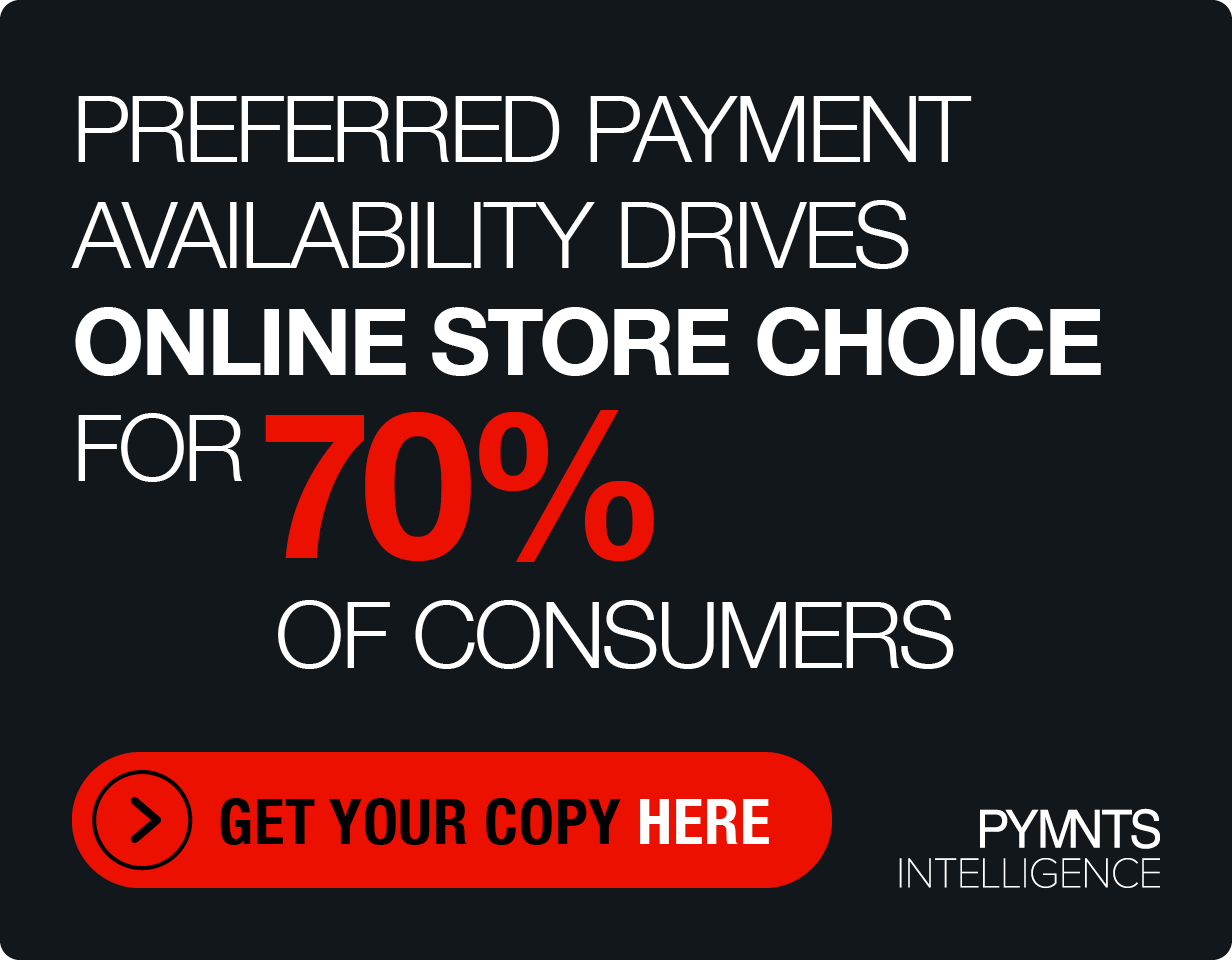What Europe’s Digital Marketplace Is Missing

European manufacturers are now pushing for a consistent Eurozone-wide internet that can function as both a digital marketplace and a network for manufacturers to interoperate, the Wall Street Journal reported on Tuesday (Feb. 17).
Failing to solve cross-border network issues will mean European manufacturers will fall behind the U.S., warned Bosch Group CEO Volkmar Denner, speaking at a Berlin conference on digital industry and the Internet of Things. “In the U.S., if a start-up starts in Silicon Valley, they can easily scale up their solution to the U.S.,” Denner said. “Today in Europe, we do not have a uniform digital market.”
The problem is largely political. While the network connecting manufacturers is in place and manufacturers inside the Euro zone can connect, they face a range of non-technical barriers to cross-border connections. Those include payments, banking, regulatory and intellectual property regulations that vary from one EU country to the next, with much wider variation than across the U.S. For example, payment card interchange rates can range from 0.3 percent to 1.8 percent across Europe.
Bosch’s home country, Germany, has a public-private initiative called Industrie 4.0 that’s intended to help create smart factories that would connect machines and product components over the Internet. Bosch is part of Industrie 4.0, but also participates in the year-old U.S.-based Industrial Internet Consortium, which is working on global standards and best practices for the industrial Internet. Denner described the two approaches as compatible but said the U.S. version is “more pragmatic.”
It’s that pragmatism that seems to be lacking in government and regulatory support for both manufacturing and other kinds of cross-border digital business, Denner said, citing U.S. examples like Netflix that “start simple and scale up.”
And though Industrie 4.0 was launched with the goal of beefing up German manufacturing, Denner said he didn’t see a reason that politicians like German Chancellor Angela Merkel would oppose companies working on both Industrie 4.0 and the U.S.-based IIC, adding that he thinks Merkel’s government wants German industry “to be active and successful, and they leave it up to us how we do it.”
